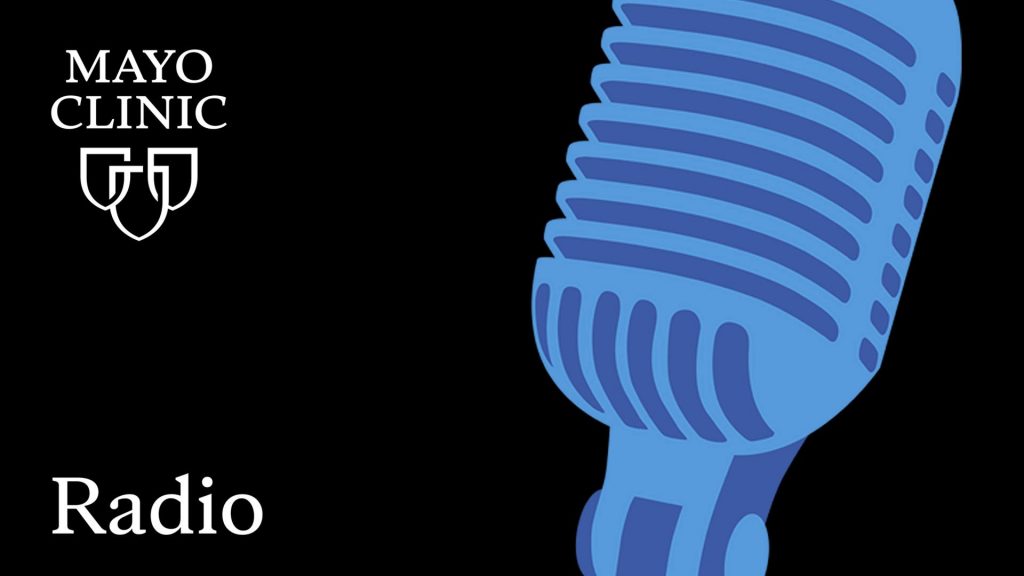-
Back-to-school recommendations / eye floaters / colorectal cancer screening guidelines

Whether in person, online or a hybrid model of education, families and school districts are planning for how to safely teach students during the COVID-19 pandemic. No matter which plan is chosen by communities, this school year will be challenging. On Mayo Clinic Q&A radio, Dr. Nipunie Rajapakse, a pediatric infectious disease specialist at Mayo Clinic, discusses how students, teachers and staff can use public health measures already in place to minimize the risk of exposure to the virus and reduce community spread of COVID-19. Also on the podcast, Dr. Amir Khan, a Mayo Clinic ophthalmologist, explains what causes eye floaters. And Dr. Pashtoon Kasi, a Mayo Clinic medical oncologist, explains changes in colorectal cancer screening guidelines to prevent the disease in younger adults.
Information in this post was accurate at the time of its posting. Due to the fluid nature of the COVID-19 pandemic, scientific understanding along with guidelines and recommendations may have changed since the original publication date.
Check the Centers for Disease Control and Prevention website for additional updates on COVID-19. For more information and all your COVID-19 coverage, go to the Mayo Clinic News Network and mayoclinic.org.







